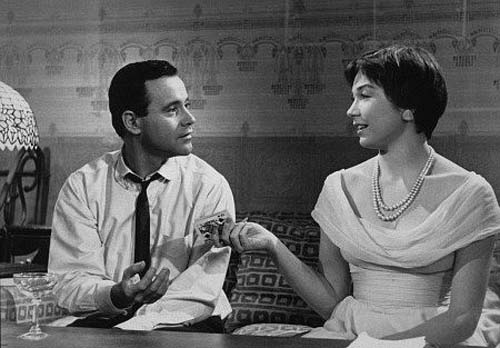What was the Academy thinking this year? An egotistical, self-fulfilling film about an actor whose career is washed up is really
the Best Picture of 2015? I'll admit...I didn't see that many new films this past year, but everything I saw was definitely better than
Birdman, including the Best Picture nominee
The Grand Budapest Hotel (which is clever and hilarious and has an excellent cast). Watching
Birdman made me question the entire purpose of my blog; am I really watching the best picture for each year? Or should I instead watch all the other nominees and avoid the winner?
My main issue with
Birdman was the story. Yes, getting old sucks and realizing that maybe you're not as important as you thought you were is difficult to accept, but this is life. Riggan Thompson (Michael Keaton) faces this reality in
Birdman, and it's ugly. What's worse is he never fully realizes what is important in life, that the people he should matter to are the people who actually matter, like his family and friends. Instead, he's so focused on regaining his career that he loses sight of what matters. And this is the story of his life. It's all about his career. I can handle a story like this but only when there is some sort of realization at the end. Yes, there is some, albeit brief and undeveloped, but in contrast to the rest of the film, it's insufficient. Instead, Thompson comes off as pathetic and whiny. I don't really care that the world doesn't take you seriously as an actor. Get over it.
As the film wallows in this "woe is me" mood, it continues on a downward spiral when it explores the Hollywood versus Broadway cliche. Thompson is Hollywood, that makes him incapable of doing Broadway well. The conflict grows in the film as a "real" Broadway star, Mike Shiner (Ed Norton), is hired in the play that Thompson adapted from a Raymond Carver novel, directed, and, naturally, stars in. What I want to know is why is this conflict still used in films today? It's a complete cliche, overused and discussed far too much. Broadway, in this film, comes across as snobby. Maybe that's why the Academy picked
Birdman; they wanted to stick it to Broadway.
I will say that the way
Birdman was filmed was interesting; the director hardly used any cuts. The scenes would be one long take, and the camera would move from room to room as characters moved, even up and down staircases. The fluidity created by these shots suggested that life moves on without giving us a chance to stop and change things, which is why Thompson struggles. As interesting as this cinematography was, it wasn't enough for me to enjoy the film as a whole. I needed a story and characters that I wanted to spend two hours with.
Really, what I want to know is what makes a Best Picture? Should it be a film that changes the way we see films, like
Boyhood? Should it be a film that captures the feeling of the world or nation for that year? Should it be a film that is enjoyable, that actually had box office revenues that covered the cost of the film? Or should it be something that makes the Academy feel better about their own lives? That last question seems to be how
Birdman was selected, and if that's the future of the Academy Awards, then maybe it's time for me to stop watching the ceremony and thinking that the Academy actually hast taste in films.

